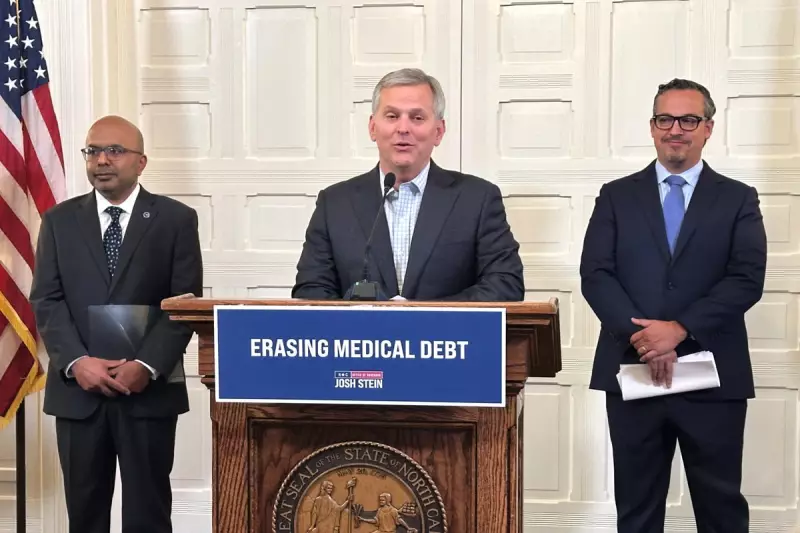
In a landmark move for healthcare reform, North Carolina has officially launched its long-awaited Medicaid expansion programme, set to transform medical access for hundreds of thousands of residents across the state.
Governor Roy Cooper announced the successful implementation during a press conference at the UNC Medical Center in Raleigh, marking the culmination of a decade-long political battle that finally reached resolution earlier this year.
Healthcare Access for 600,000 Residents
The expansion will extend healthcare coverage to approximately 600,000 North Carolinians who previously fell into the 'coverage gap' - earning too much for traditional Medicaid but too little to afford private insurance.
This represents one of the most significant healthcare developments in the state's history, particularly benefiting low-income adults without children who were previously ineligible for coverage regardless of their income level.
Financial Lifeline for Hospitals
Beyond individual coverage, the expansion brings a substantial financial boost to North Carolina's healthcare infrastructure. The state is set to receive nearly $2.6 billion in federal funding through a unique 'signing bonus' arrangement.
These funds will be strategically distributed to hospitals across the state, helping to shore up rural healthcare facilities that have been struggling financially for years.
What This Means for Eligible Residents
- Comprehensive healthcare coverage including doctor visits, hospital care, and prescriptions
- Automatic enrolment for many residents already receiving food assistance
- New applications processed through the state's Department of Health and Human Services
- Coverage effective from December 1st, with applications now being accepted
North Carolina becomes the 40th state to adopt Medicaid expansion under the Affordable Care Act, leaving only 10 states that haven't implemented the programme. The decision follows years of political debate and represents a significant victory for healthcare advocates across the state.
As Governor Cooper emphasised during the announcement, "This is a transformative moment that will bring healthcare to people who need it, create jobs, and strengthen our rural hospitals."





